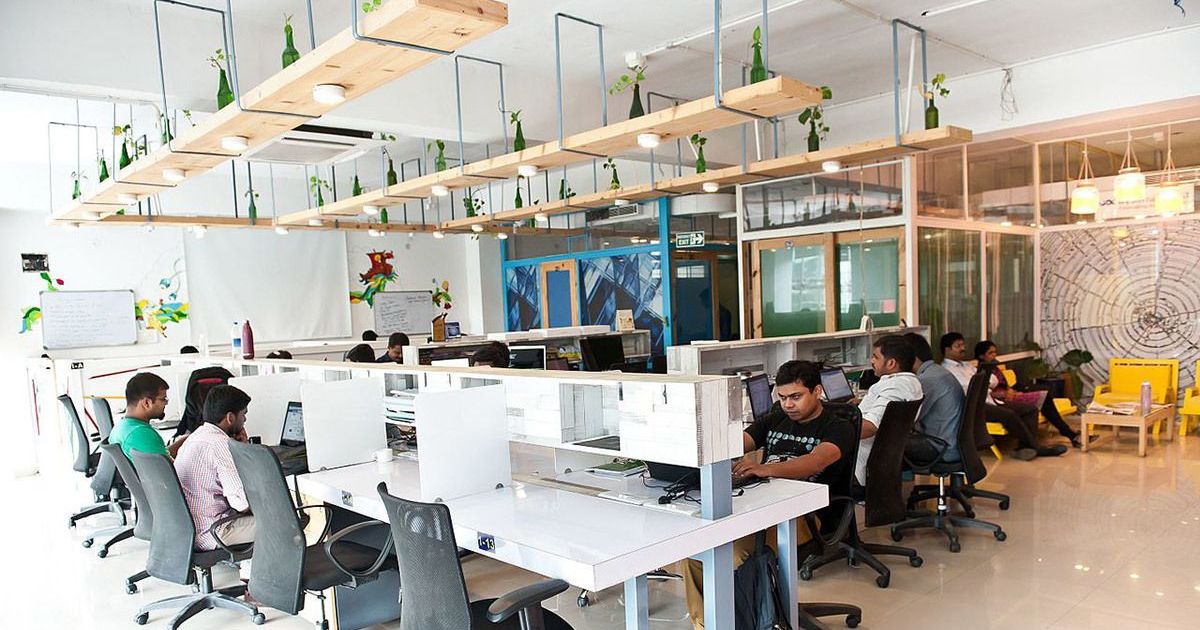Flexible workplace operators will hit a record, expected to account 18-20% of total gross leasing of office space.
By Abhay Shah, Realty Quarter

According to estate consultant Colliers, the flexible segment of the workplace, which is increasing rapidly in India, may see a significant expansion from next year as big companies will aim to obtain smaller ones for inorganic growth.
Bengaluru, Chennai, Delhi-NCR, Hyderabad, Kolkata, Mumbai and Pune markets are expected to reach a record 8.8 million sq ft by flexible workspace operators in 2019. It is anticipated that leasing will account for about 18-20% of the complete gross office space leasing.
Leasing by flexible workspace operators stood at 6.8 million sq ft in 2018 and accounted for 14% of complete commercial office leasing.
“We think consolidation will gain momentum from 2020, as bigger flexible workspace operators with economic discipline acquire smaller firms for inorganic growth, and reach new places and gain scale,” said Colliers in a report.
The acquisition would assist larger players in offering seats across different price points, giving occupants higher options, the consultant said.
“We are already seeing consolidation starting in the market, with Indian hospitality chain OYO acquiring flexible workspace company based in Gurgaon, Innov8 in July 2019,” the report said.
Colliers also hopes that in discussions with institutional investors for financing, flexible workspace sector will proceed to attract investments with many main operators.
The consultant said India has about 300 flexible operators for the workspace. The total flexible workplace stock is approximately 17 million sq ft, which is approximately 3.5% of the complete commercial real estate stock.
With approximately 6 million sq ft, Bengaluru leads Indian flexible workspace stock. With 19%, NCR has the second largest stock, followed by Mumbai with a 17% stake.
“India’s flexible workspace market is transitioning to a greater stage of services, reflecting business occupants’ requirement for more tailored spaces and custom-made facilities,” the report said.
Flexible workspace operators are leasing bigger spaces to meet the increasing demand from enterprises.
A flexible workspace’s average size has expanded by 40% over two years to 55,000 sq in 2019, as carriers pick up larger rooms and even whole buildings.
“As operators pursue large-scale enterprise demand, we notice that flexible workspace operators use a hybrid model to provide flexible workspace alternatives as well as controlled office spaces where they provide occupants with customized office space solutions,” the report said.
Colliers recommended flexible workspace operators to invest in technology to provide facilities beyond requests such as cashless payments and seat booking, among others, to distinguish themselves in this extremely competitive segment.



















































































